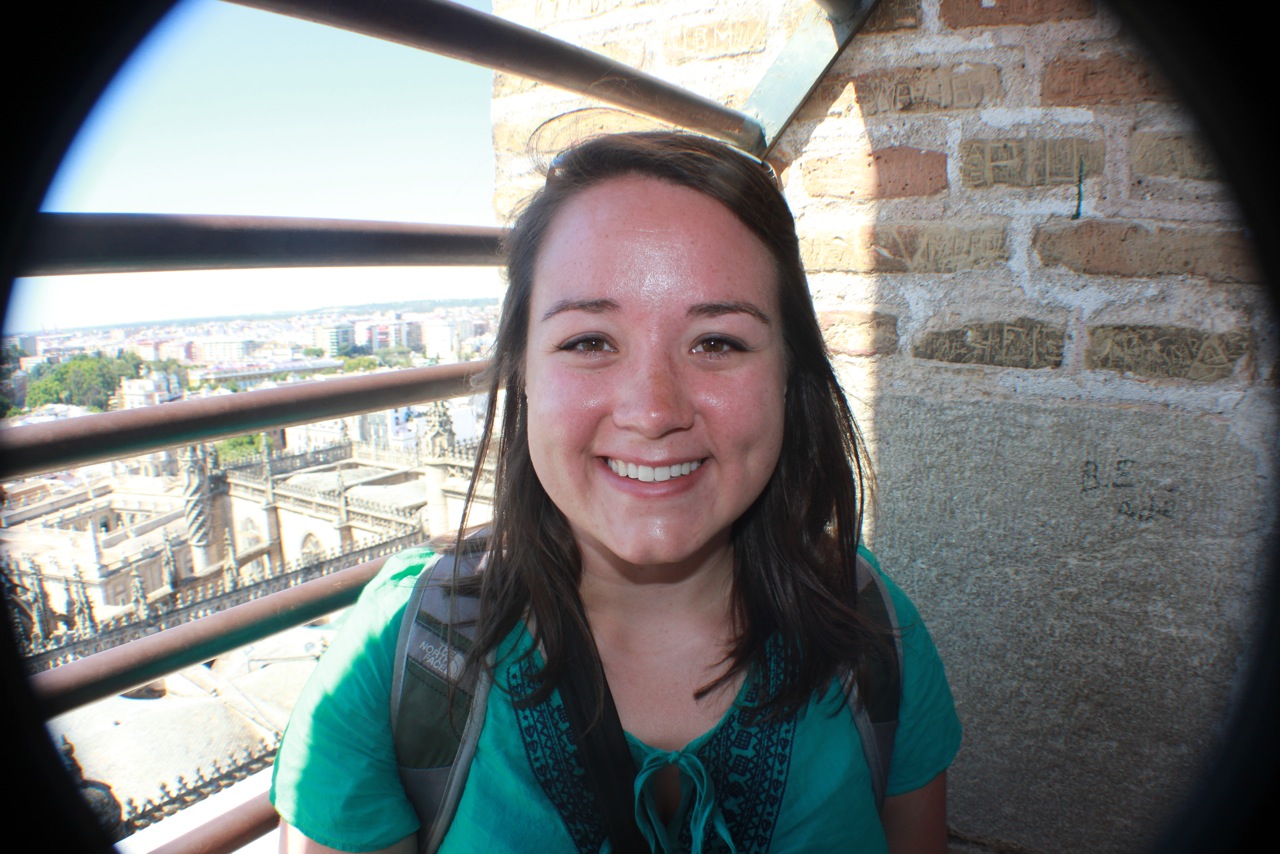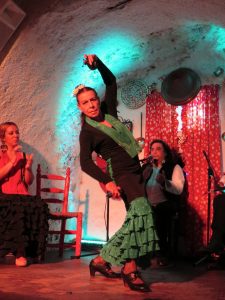
The way the world works
We are nearing the end of this amazing journey through two countries and across two continents. My experience in Spain has been vastly different from my time in Morocco. We spent three days in Sevilla, three in Granada and now we are in Madrid. Our program activities have consisted of lectures, visits to two solar power plants, walking tours and a flamenco show, but we have not been able to have the same kind of cultural immersion experience as we did in Morocco. Still, we have been able to see the connection between the two countries that goes back hundreds, if not thousands, of years. Also, we were in Spain the day the King abdicated the throne. So now we can say we were there on that day in history!


Spain is considered to be a developed country. So what does sustainable development look like in a country that is already developed? Naturally, we compared what we saw in Spain with what we had seen in Morocco. Here are some of my observations:
Sevilla and Madrid have underground metro, light rail and bike share systems. Major cities in Morocco have light rail systems.
Spain has solar power plants, but none as big as the one Morocco is building near Ouarzazate.
Both Spain and Morocco are currently dealing with high unemployment rates.
Sevilla, Granada and Madrid had more public trash cans than the major cities in Morocco, but hardly any public recycling containers.
Both Spain and Morocco have monarchies, although the level of power and the way they operate are vastly different.
Spain is trying to export power to the rest of Europe, and Morocco is trying to export power to Spain.
These observations lead me to wonder why Spain is considered a developed country and Morocco is not. Morocco doesn’t seem to be far behind, and I think they’re actually ahead by a few measures. So where is the line drawn between “developed” and “developing”? And what role does sustainable development play in the growth of these two countries? I don’t really have the answers; these are just the questions that have come to mind during my travels. I think I would need more time in each country to find the answers.
What I do know, and what has been made tangible on this trip, is that any sustainable solution has to be focused locally, but within a global context. It needs to address the needs of the local people and environment, but it has to be able to fit in a matrix of solutions that work together to achieve global sustainability. I know it’s complicated, but this trip has taught me how to think about solutions at both micro and macro levels. I will go home with a better understanding of the way the world works.

